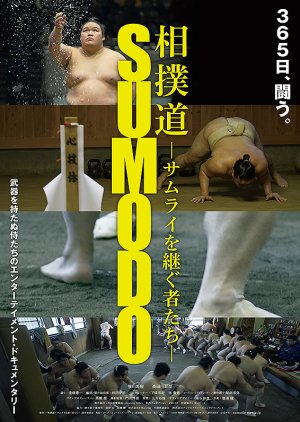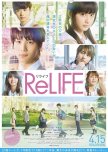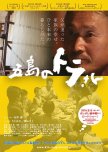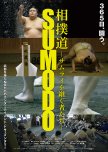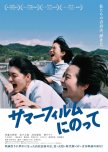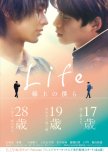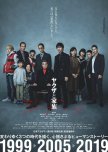
In "Sumodo - The Successors of Samurai" the director is allowed to enter two prestigious sumo "stables" (that's the word given by the subtitles in JFF Theater) to film the daily lives of sumo wrestlers. He films them during training and during downtime -- I was amazed at how close the director got to the wrestlers, and how open they were with him about their hopes and struggles.
Given that Sumo wrestlers do see themselves as the successors of Samurai (which is historically not quite unreasonable, as the documentary explains), and that Japanese society is not known for people openly speaking about their inner world, this is quite the feat!
(The film team is even invited to a wedding.)
Because of the closeness, the documentary is able to show us both the exterior of Sumo (the history, the stables' PR and, of course, the competitions) and the workings "behind the scenes". This documentary could have been a film focused on the fights, on the powerful bodies and the excitement of the tournaments -- it is that, but it is tempered by what we learn about the people -- real people with profound thoughts, with feelings, with bodies that sometimes fail; people who continuously push their boundaries and strive for perfection, even if it means to endure pain and suffering.
I started without any real knowledge about the sport -- the documentary was still easy to follow and I learned a lot. Since it's made for a Japanese audience, there are some things left unexplained, but it's still an educating watch.
If you have the chance to watch it, then I recommend to do so!
Esta resenha foi útil para você?

